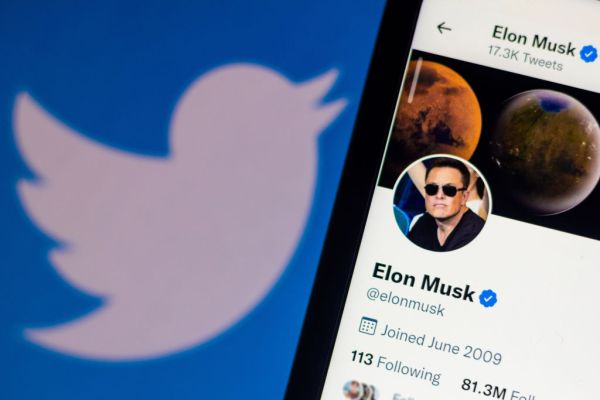Elon Musk’s attempt to terminate a 2018 settlement with the U.S. Securities and Exchange Commission that requires oversight of some of his Tesla-related tweets has failed.
U.S. District Judge Lewis Liman denied Wednesday a motion made by Musk’s lawyers to end the 2018 consent decree over allegations that the SEC had misused it to “launched endless, boundless investigation” of Musk’s speech and intrudes on his First Amendment right to free speech. Musk’s lawyers had also argued that the consent decree was “extracted from Musk through the exercise of economic duress.” Musk recently brought up this point during a TED Conference interview saying he was forced to agree to the settlement with the SEC to save Tesla, noting it was “like having a gun to your child’s head.”
In his ruling, Liman said “none of these arguments hold water.”
“Musk’s argument that the SEC has used the consent decree to harass him and to launch investigations of his speech is likewise meritless and, in this case, particularly ironic,” Liman wrote in his ruling. “Musk could hardly have thought that at the time he entered the decree he would have been immune from non-public SEC investigations.”
The judge also denied Musk’s motion to quash certain portions of a SEC subpoena issued in February for documents to determine whether two tweets regarding his sale of Tesla stock had been preapproved by the company’s general counsel or securities counsel.
“Nothing will ever change the truth, which is that Elon Musk was considering taking Tesla private and could have — all that’s left some half decade later is remnant litigation which will continue to make that truth clearer and clearer,” Musk lawyer Alex Spiro of Quinn Emanuel Urquhart & Sullivan, told TechCrunch in an email. “Stay tuned.”
SEC v. Musk history
The SEC alleged in a complaint filed in September 2018 that Musk lied when he tweeted on August 7 that he had “funding secured” for a private takeover of the company at $420 per share.
The complaint was filed after Musk and Tesla’s board abruptly walked away from an agreement with the SEC. The board not only pulled out of the agreement, it issued a bold statement of support for Musk after the charges were filed.
A settlement was eventually reached anyway with stiffer penalties than the original agreement. Musk agreed, in the settlement reached on September 29, to step down as chairman of Tesla and pay a $20 million fine. Tesla also agreed to pay a separate $20 million penalty, according to the SEC. The SEC said the charge and fine against Tesla is for failing to require disclosure controls and procedures relating to Musk’s tweets.
But the drama with the SEC soon bubbled up again when Musk tweeted out to his 24 million followers previously unknown material information that Tesla would produce “around” 500,000 cars this year. He corrected himself hours later to clarify that he meant the company would be producing at an annualized rate of 500,000 vehicles by year end.
SEC sought to hold him in contempt for violating the 2018 agreement. A judge in that dispute required Tesla, Musk and SEC to work out their differences and come to a new resolution. An agreement was reached in April 2019 that gave Musk freedom to use Twitter — within certain limitations — without fear of being held in contempt for violating an earlier court order.
Musk can tweet as he wishes except when it’s about certain events or financial milestones. In those cases, Musk must seek preapproval from a securities lawyer, according to the agreement filed with Manhattan federal court.
The relationship with SEC spiraled again last year after Musk tweeted a poll in November 2021 asking his Twitter followers whether to hold or sell Tesla stock. That tweet prompted the SEC to issue a subpoena for documents showing Musk had received preapproval for the tweet.
